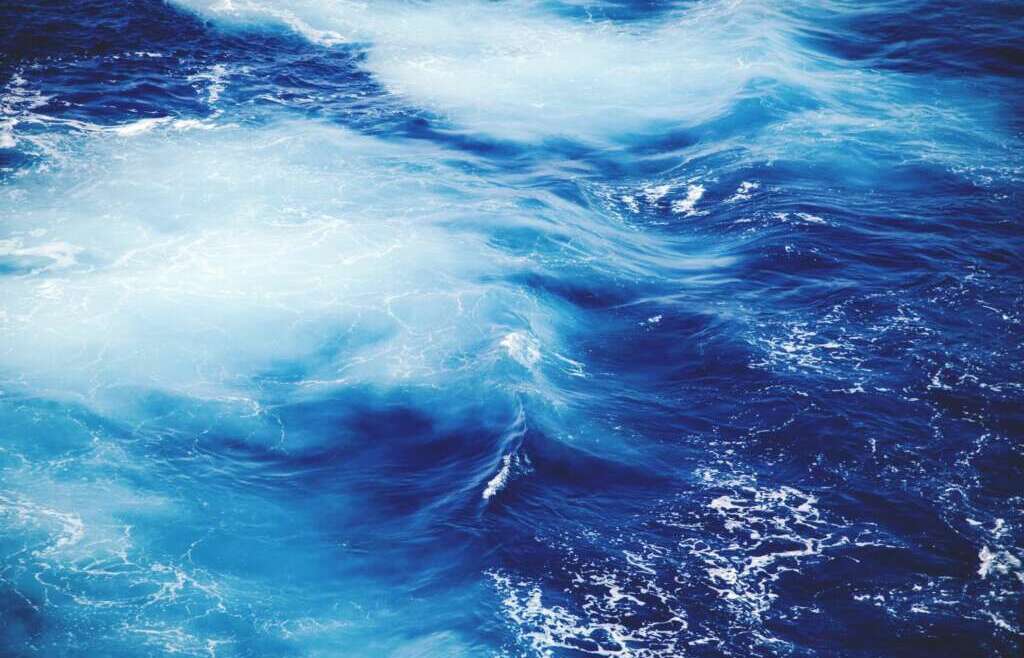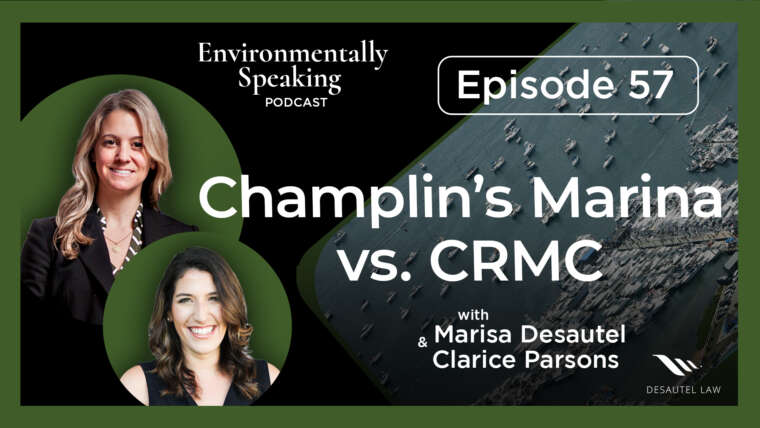Today’s environmental issues need an almost constant review and revision to current environmental policies at both the state and federal levels. Exclusive reliance on historical sources of energy is no longer a viable option. Monitoring of resources like water quality shows that efforts to regulate human activity fails often. As human population increases, we see the need for increased attention to current environmental policies.
Environmental policy, generally, is created to conserve natural resources. By striking a fair balance of protection with growth, and the passing of legislation and promulgation of regulations, government can reflect this country’s democratic process. This process includes numerous and varying stakeholders. Stakeholders present varying objectives. It stands to reason, then, that current environmental policies are subject to change. This depends on stakeholder involvement. Since the inception of the first environmental policies and federal law in the 1970s, environmental regulation has changed consistently.
THE RHODE ISLAND DEPARTMENT OF ENVIRONMENTAL MANAGEMENT
The Rhode Island Department of Environmental Management (DEM) is the state agency tasked with protection of natural resources. As an agency, the DEM’s current environmental policies reflect current scientific data, statutory mandates, and political will.
At the forefront of Rhode Island’s current environmental policies are the issues related to renewable energy. In terms of renewable energy, DEM is currently dealing with offshore wind development. There are well known effects of climate change and greenhouse gas emissions. As a result, DEM is supportive of offshore wind development. A component of potential project review is analysis of the best available science and data. DEM uses these to determine the potential effects of projects on marine resources and fisheries.
THE RHODE ISLAND COASTAL RESOURCES MANAGEMENT COUNCIL
The Rhode Island Coastal Resources Management Council (CRMC) is the state agency tasked with preserving, protecting, developing, and restoring the coastal areas in the state. Through the CRMC’s Ocean Special Area Management Plan (Ocean SAMP), this agency regulates activities in a manner that promotes its mandatory objectives. CRMC strives to provide “the best available ocean science as well as a predictable permitting path through the Ocean SAMP.” CRMC As a result, the Ocean SAMP “has encouraged the opening of offshore waters to renewable energy development, and there are currently five projects in different stages of permitting off New England’s shore.” CRMC In terms of offshore wind current environmental policies, the Ocean SAMP governs.
THE BUREAU OF OCEAN ENERGY MANAGEMENT
At the federal level, the Bureau of Ocean Energy Management (BOEM) is responsible for current environmental policies related to offshore wind. BOEM manages project development of the Outer Continental Shelf. This includes the area’s energy and mineral resources. BOEM also coordinates on project development with its federal, state, local, and tribal government partners. It does this through its Intergovernmental Renewable Energy Task Force. For instance, BOEM conducts public informational meetings for the benefit of the interested public.
With all human activity comes an impact to the environment. State and federal agencies with jurisdiction over offshore renewable energy development must consider balancing of the economic market with environmental considerations. Working through the policy processes requires review of technical and scientific information and application of that information to the applicable statutory and regulatory regimes.
The attorneys and staff with Desautel Law work with both the developers and the regulatory bodies involved with renewable energy projects. Therefore, we have first hand knowledge of the ever-changing current environmental policies impacting renewable energy in Rhode Island. To learn more about what we do and how we can help you, call us at 401.477.0023 today.


